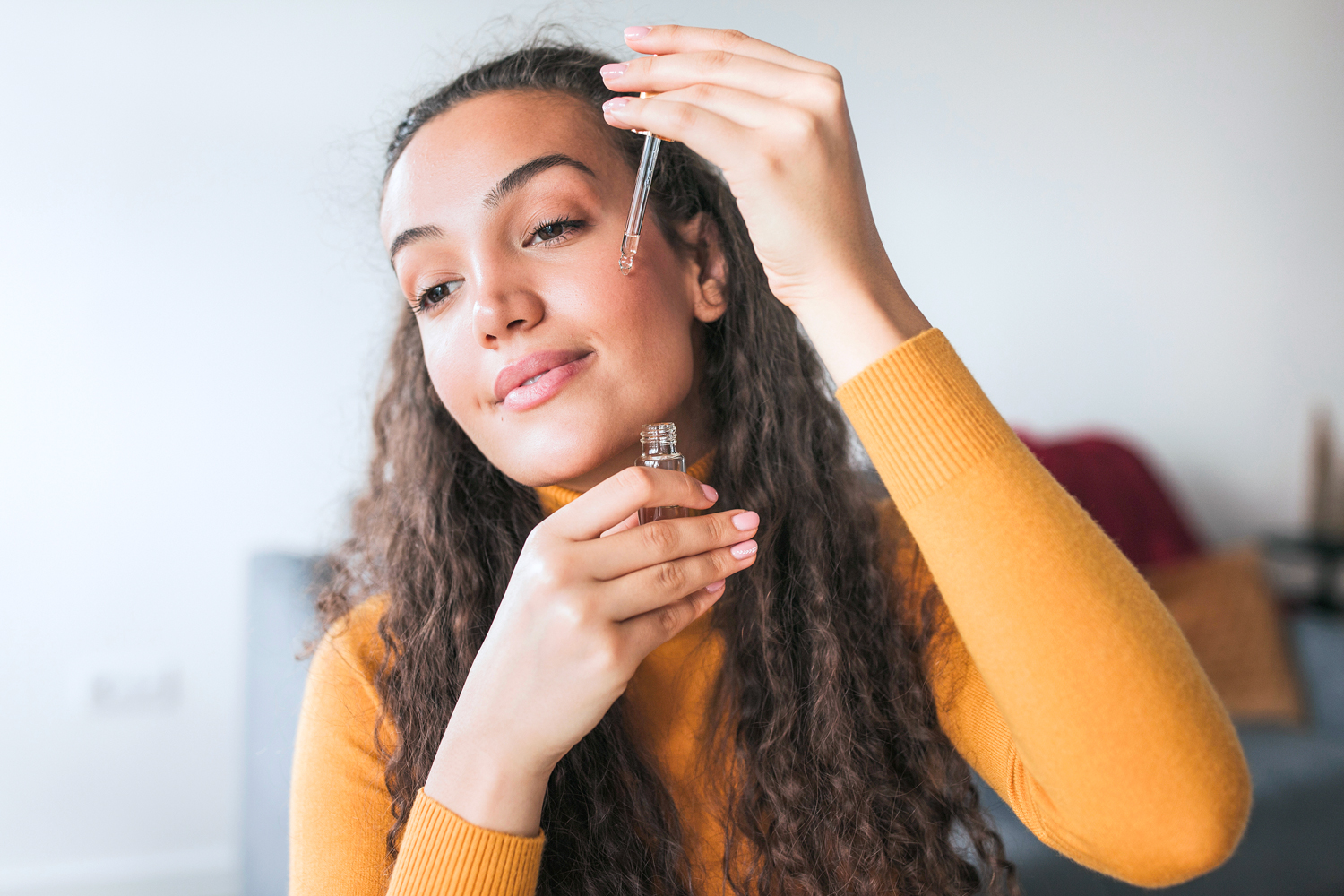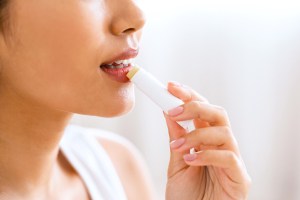We independently evaluate all recommended products and services. If you click on links we provide, we may receive compensation.
Using retinol and vitamin C together in a skin care routine can be a game-changer for those seeking a more radiant and youthful-looking complexion. Both ingredients are highly regarded in dermatology for their potent antiaging and skin-brightening effects, but they offer different benefits. Retinol, a derivative of vitamin A, is celebrated for its ability to promote cell turnover, smooth fine lines, and improve overall skin texture by accelerating the shedding of dead skin cells and stimulating collagen production. On the other hand, vitamin C plays a crucial role in neutralizing free radicals, which are responsible for premature aging, and in brightening the skin by inhibiting melanin production and reducing hyperpigmentation.
When used together, retinol and vitamin C can address multiple skin concerns simultaneously. But that doesn't mean you should use them at the exact same time — especially if you have sensitive skin. "Vitamin C is best used in the morning given that it's a powerful antioxidant," says Ron Robinson, cosmetic chemist and CEO/founder of BeautyStat Skincare. (He makes Hailey Bieber's favorite vitamin C serum.) "It can fight free radicals that can damage the skin, and we are more likely to encounter free radicals during the day when we are more exposed to the outside environment." On the other hand, retinol is best used at night, he says, because "it can make your skin more sensitive to UV rays."
So, both products are great to use in your skin care routine but at different times of the day. Use sunscreen during the day after applying vitamin C, and apply other actives, such as alpha hydroxy acids (AHAs) and beta hydroxy acids (BHAs), with retinol at night. If your skin is sensitive, Robinson recommends you alternate which days you use each chemical exfoliator (retinol counts as one, too). For example, if you have acne, use a product with salicylic acid (a BHA) on your retinol off-days. Same goes with glycolic acid and lactic acid, both AHAs. If you aren't sure, err on the side of caution, because a damaged skin barrier is anything but radiant.
This article is for general informational purposes only.
Affiliate Disclaimer Medical Disclaimer














 Unique Beauty is free for all users.
Unique Beauty is free for all users.